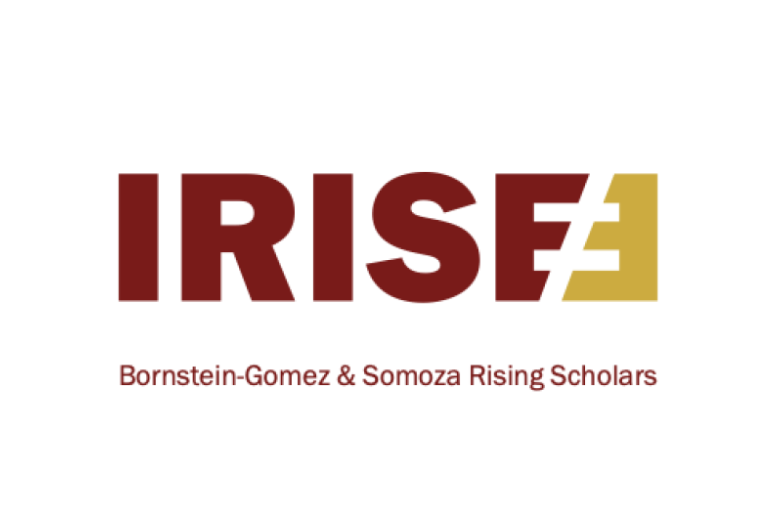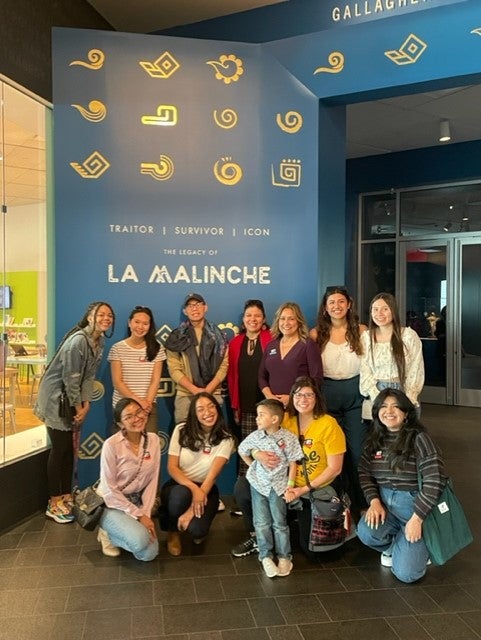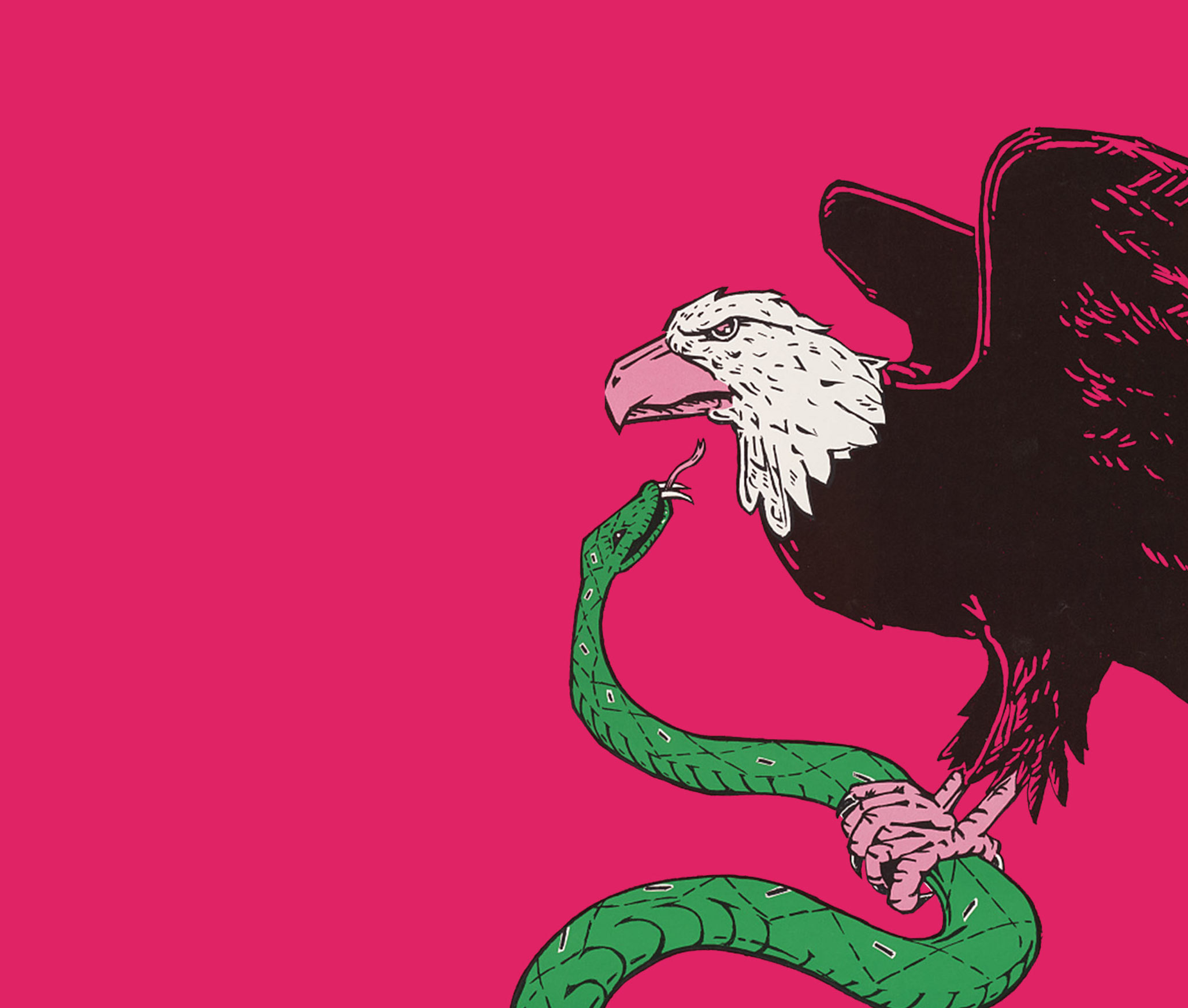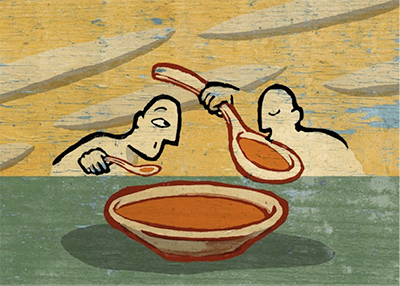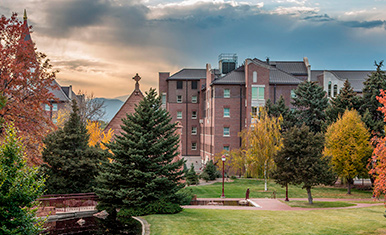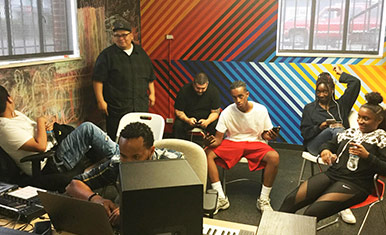Preparing the Next Generation of IRISE Scholars as Part of the 4D Experience
#becauseofirise
In 2014, IRISE adopted an undergraduate program that existed in DU’s Multicultural Center of Excellence. The program designed for incoming first-year students was known as “P3” and under IRISE, its vision was to prepare racially minoritized students to pursue careers where interdisciplinary research skills around inequality would be in high demand.
In 2018, the P3 program was rebranded as IRISE Bornstein-Gómez & Somoza Rising Scholars (BGS Scholars). Named after Miriam Bornstein-Gómez and Oscar Somoza who were among the first tenured, Latinx/e faculty at DU and beloved for their advocacy and mentorship of DU students, we started to prepare more directly and intentionally opportunities for DU’s racially and socially minoritized students to be mentored and trained by DU faculty working on cutting-edge issues of inequity and inequality.
To be sure, research has shown that undergraduate inquiry outside of the classroom--including meaningful data collection, lab research, and authorship opportunities--have significant impact on student persistence (Kuh, 2008), as well as in graduate program enrollment and completion. For racially minoritized Black and Latinx/e undergraduates, the lack of such opportunities or experiences means they are less likely to enroll in and complete a graduate degree (Banks & Dohy 2019; Wolniak, Mitic, & Engberg, 2020), a trend that was exacerbated by the Covid pandemic (Jaschik 2021).
In 2022 and again in 2023, IRISE received a grant from DU’s 4D experience to pilot much that we had been preparing. In partnership with DU’s Critical Race and Ethnic Studies Program and the Office of Student Affairs and Inclusive Excellence’s Cultural Center, IRISE worked to identify two cohorts of promising undergraduate students. CRES attends to the experiences and learning of minoritized students and provides a sustainable pipeline of minoritized students interested in pursuing an advanced terminal degree.
In the Spring Quarter of 2022 and again in the Winter and Spring Quarters of 2023, IRISE worked with two cohorts to identify research opportunities, match faculty and graduate student mentors, and provide robust training around identity, interdisciplinarity, and inequality with the goal of facilitating a path towards graduate work in their chosen field. Most importantly, the IRISE Bornstein-Gomez & Somoza Rising Scholars 4-D model allows us to leverage three of the four dimensions of student success (Advancing Intellectual Growth, Careers and Lives of Purpose, and Exploring Character) in DU and higher education’s collective effort to diversify higher education and its areas of engagement and inquiry.
Infusion of 4-D
Advancing Intellectual Growth
By providing mentorship and pathways to undergraduate interdisciplinary research in racial inequality, BGS scholars have a meaningful opportunity to engage in critical inquiry by converging meaningful components of their learning thus far into ideas for their own research questions. By participating in undergraduate research, BGS scholars acquire skills and mentorship to articulate experience into and through research that informs their educational trajectory.
To prepare these students to be inequity researchers, in Spring of 2022 and again in 2023, BGS scholars engaged in the following ways:
-
Graduate student panel where DU graduate students shared their experiences.
-
Faculty research panel where DU faculty shared their experiences applying for graduate school and their research interests.
-
Research design workshops inform students about different methodological approaches to research.
Careers and Lives of Purpose
In supporting undergraduates in the articulation of their academic passion vis-à-vis their own minoritized identities and connecting them to role models with shared experiences, BGS Scholars can begin to see themselves as producers and disseminators of knowledge. The goal is for these students to see a clear career and life pathway as scholar-practitioners to address some of our most vexing challenges of inequity and inequality.
To help our students along this path, IRISE has:
-
Matched BGS Scholars with DU faculty members across a range of disciplines to gain research experience and professional development.
-
Provided financial and or other tangible support to both the BGS Rising Scholar and Faculty member to spend 10 weeks (about 2 and a half months) acquiring additional, valuable research experience and mentorship.
Exploring Character
Exposure to graduate students and faculty with similar identities affirms for BGS Scholars that they belong in graduate school. By leaning thoughtfully in BGS Scholars’ identities as researchers and future academics, students are empowered to connect cultural and intersectional components of their identities as they interact and mutually inform in impactful and collaborative research experiences.
Accordingly, the BGS Scholars curriculum is designed to empower student identity expression as critical scholars and future racial justice leaders in the following ways:
-
Curriculum components intentionally integrated thought-provoking questions and topics to foster reflective opportunities and model belonging for students.
-
Concepts explored included positionally, critical theories and methodologies, intersectionality, praxis, and paradigms.
-
Students attended in Spring 2022 La Malinche exhibit at the Denver Art Museum and in collaboration with the Dean Rhonda Gonzales of the College of Arts, Humanities, and the Social Sciences (CAHSS) to engage with IRISE scholars and community.
-
Students in the Spring 2023 cohort explored the University of Denver Archives and attended a specialized presentation to learn more about ways to see themselves in the archive.
As we are still in the pilot stages of the BGS Scholars program, our assessments so far have revealed that BGS Scholars who have participated in the program have an increased understanding of advanced degree options, increased confidence in ability to discuss research, and growth in mentorship network. Results also show areas of significant importance to student success and sense of belonging that we hope to address in future iterations of the program.
